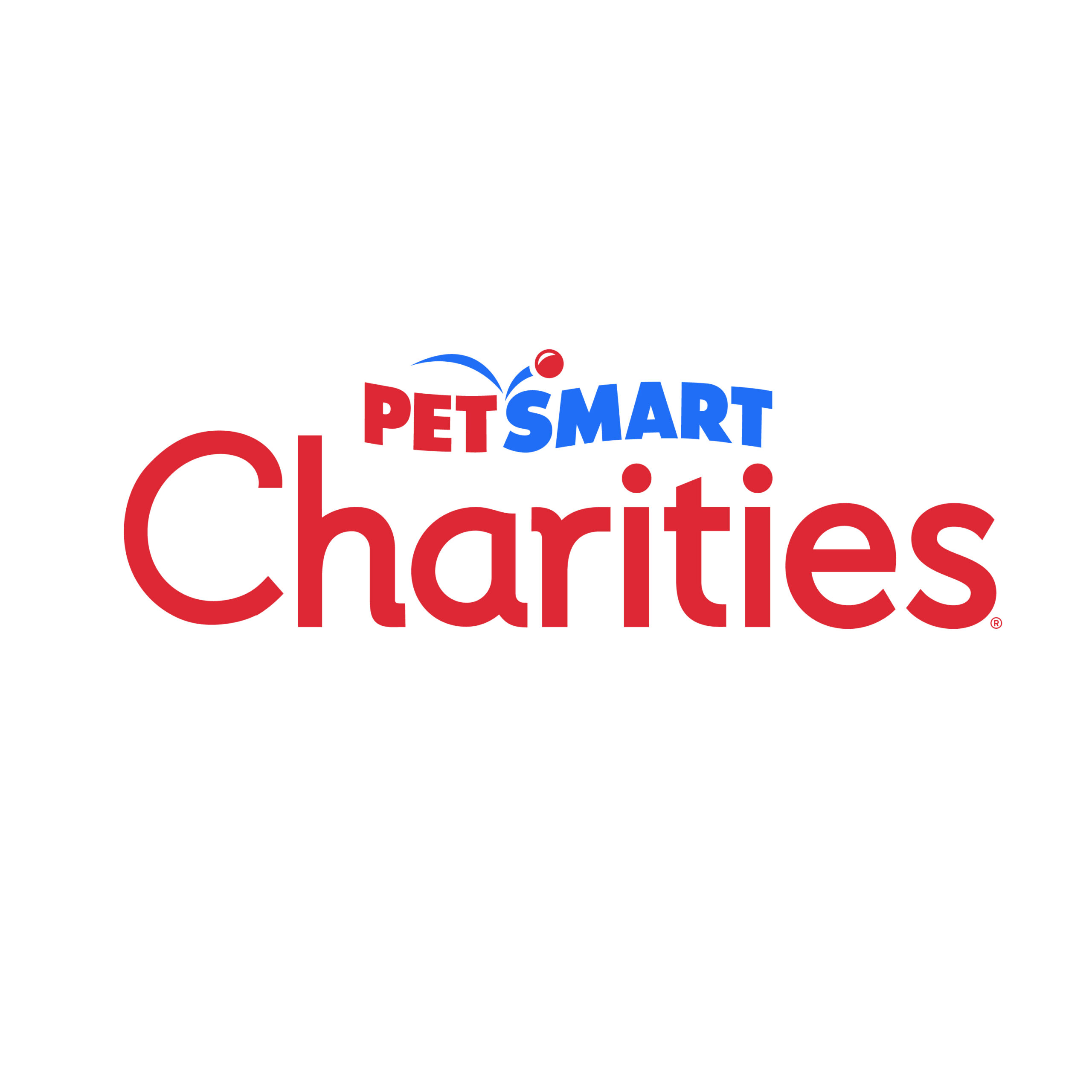 May 11, 2023
May 11, 2023
PetSmart Charities Addresses Lack of Access to Vet Care in Historically Excluded Communities
Two-thirds of US households now include pets, but 50 million of those pets are not getting basic veterinary care. Lack of access to veterinary care in the US is disproportionately experienced in communities where there may also be a lack of access to health care and other social services. The national shortage of veterinarians adds to the complexity of accessing pet care in historically excluded communities. To help address this issue, PetSmart Charities has launched an innovative grant program to support the unique needs of communities by leveraging local insights.
Social determinants of health — the conditions in the environments where people are born, live, learn and work — affect their quality of life. When a lack of access to food, housing, transportation and education impacts pet parents, it is likely the same will be true for access to veterinary care for the pets in that community. These social factors often lead to inequities.
PetSmart Charities’ program includes several grant phases. The first set of grants has been awarded to 10 Latinx communities in the US to help inform and co-create programs and solutions that address each area’s unique needs. Through funding from PetSmart Charities, grantees will host listening sessions and other engagements to understand needs and which barriers are the greatest to accessing vet care in each community, including financial, language, proximity and other issues.
The 10 communities participating in the first phase of the grant program are Asheville, NC; Douglas, AZ; Hall County, GA; Laredo, TX; Napa and Oceano, CA; South Detroit, MI; Seattle and South Seattle, WA; and South Phoenix, AZ.
“We believe that every family should be able to benefit from the love of pets — and that all pets should have access to adequate veterinary care,” said Aimee Gilbreath, President of PetSmart Charities. “Pet ownership should not be a luxury or privilege, and all communities need the expertise of veterinary practitioners. We’re so excited about the potential of this program to increase access to culturally sensitive care that meets the needs of the Latinx populations in each of these 10 communities.”
According to the American Association of Veterinary Medical Colleges, 61 percent of Latinx households include pets. This first grant phase is focused on building relationships with members of each of the 10 communities to better understand the unique needs of each to better support pet health. The second grant phase for this cohort begins in 2024 and will leverage the learnings from the first grant phase to support increased access to veterinary care in each community.
“This grant is supporting critical work we recently launched in a community on the Arizona/Mexico border we know needs better support with veterinary services,” said Steve Farley, CEO of the Humane Society of Southern Arizona, one of the program grant recipients. “Many families in this community have pets they love like family, but vet care is scarce. Additionally, the poverty rate is high and human services are also lacking, so there’s a tremendous opportunity to do good here for people through their pets. This grant has helped us start conversations with community members directly and discover what services they need. Local communities are so rarely asked for their perspective, and the response has been amazing so far. This unique approach is a visionary one and we’re grateful for it.”
For more information on how PetSmart Charities is working to expand access to veterinary care nationwide or to help support initiatives like this for pets and their families, visit PetSmart Charities.
